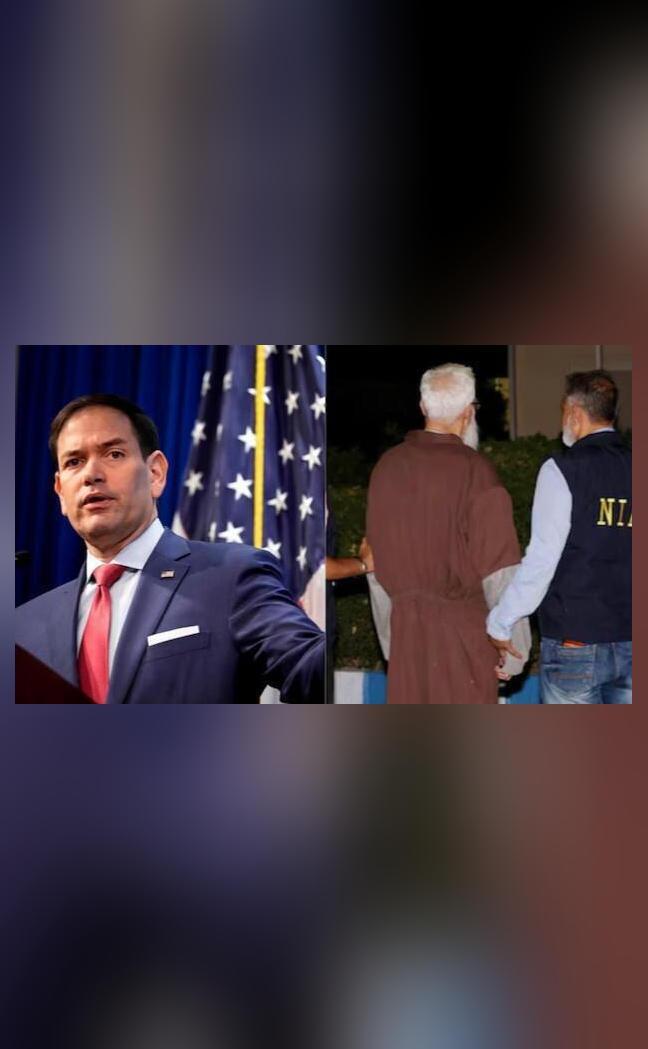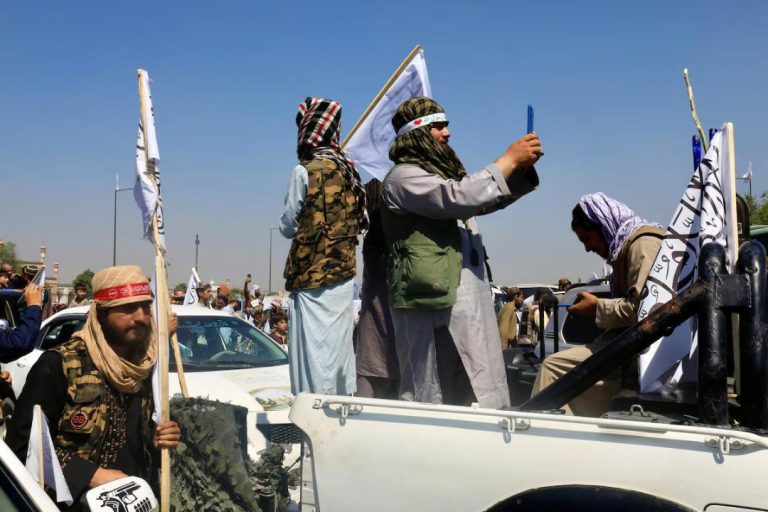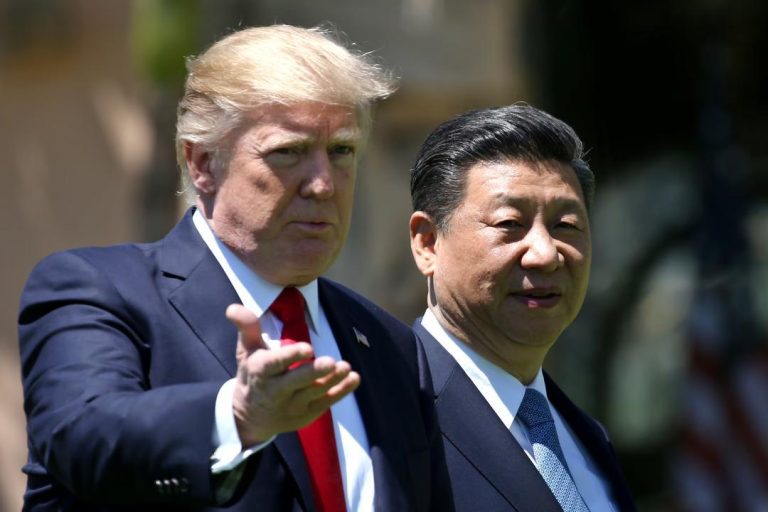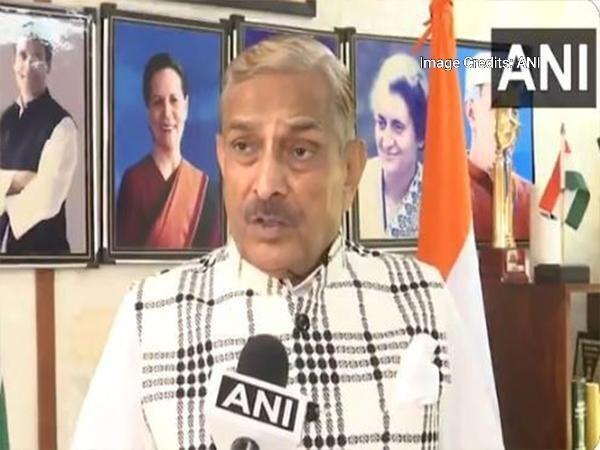
Long Sought Justice for 166 Killed in 26/11 Attacks: US on Tahawwur Rana’s Extradition
The United States and India have finally achieved a significant milestone in their efforts to bring justice to the victims of the 2008 Mumbai terrorist attacks. Tahawwur Hussain Rana, a Canadian national accused of helping plan the deadly attacks, has been extradited to India to face charges. This development is a testament to the strong bilateral relationship between the US and India, and a major step towards achieving justice for the 166 people, including six Americans, who lost their lives in the attacks.
In a statement, US Secretary of State Marco Rubio hailed the extradition as a major victory. “We extradited Tahawwur…to face charges for his role in planning the horrific 2008 Mumbai terrorist attacks,” he said. “Together, with India, we’ve long sought justice for the 166 people, including 6 Americans, who lost their lives in these attacks. I’m glad that day has come.”
The extradition of Rana is a significant development in the case, which has been ongoing for over a decade. Rana was arrested in 2009 and charged with providing material support to Lashkar-e-Taiba (LeT), the Pakistan-based terrorist organization responsible for the attacks. He was also accused of helping plan and coordinate the attacks, which took place over three days in November 2008, targeting several locations in Mumbai, including the Taj Mahal Palace Hotel, the Oberoi Hotel, and the Chhatrapati Shivaji Terminus railway station.
The attacks, which were carried out by 10 LeT terrorists, resulted in the deaths of 166 people, including six Americans. Over 300 people were also injured in the attacks. The attacks were widely condemned by countries around the world, and the Indian government launched a massive investigation to identify and bring to justice those responsible.
Rana’s extradition is a major breakthrough in the case, and a testament to the strong cooperation between the US and Indian governments. The US Department of Justice has been working closely with the Indian authorities to gather evidence and build a case against Rana, and the extradition is a significant step towards bringing him to justice.
The extradition of Rana is also a significant victory for the families of the victims of the 26/11 attacks. For over a decade, they have been fighting for justice and seeking accountability from those responsible for the attacks. The extradition of Rana is a major step towards achieving that goal, and brings hope that the perpetrators of the attacks will finally be held accountable.
The 26/11 attacks were a major wake-up call for India, and a significant challenge to its national security. The attacks highlighted the need for greater cooperation between India and its international partners to combat terrorism, and the need for stronger laws and institutions to prevent and prosecute terrorist attacks.
In the years since the attacks, India has made significant progress in strengthening its counter-terrorism capabilities, and has worked closely with international partners to share intelligence and coordinate efforts to prevent and prosecute terrorist attacks. The extradition of Rana is a significant step towards achieving those goals, and demonstrates the strong commitment of the Indian government to ensuring that those responsible for terrorist attacks are held accountable.
The US government has also played a key role in supporting India’s efforts to combat terrorism, and has provided significant assistance to help India build its counter-terrorism capabilities. The extradition of Rana is a major milestone in that effort, and demonstrates the strong commitment of the US government to supporting India’s efforts to combat terrorism.
In conclusion, the extradition of Tahawwur Hussain Rana to India to face charges for his role in planning the 26/11 attacks is a major victory for the US and Indian governments, and a significant step towards achieving justice for the victims of the attacks. The extradition is a testament to the strong cooperation between the two governments, and a major milestone in the fight against terrorism. As US Secretary of State Marco Rubio said, “Together, with India, we’ve long sought justice for the 166 people, including 6 Americans, who lost their lives in these attacks. I’m glad that day has come.”
Source:






